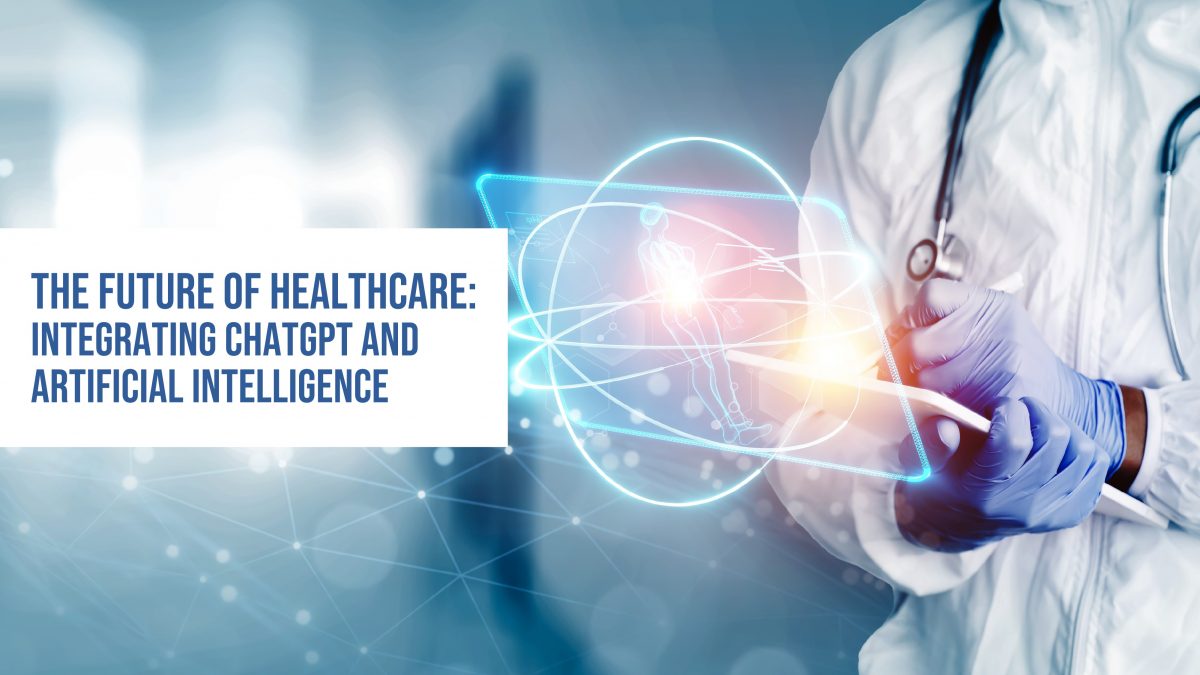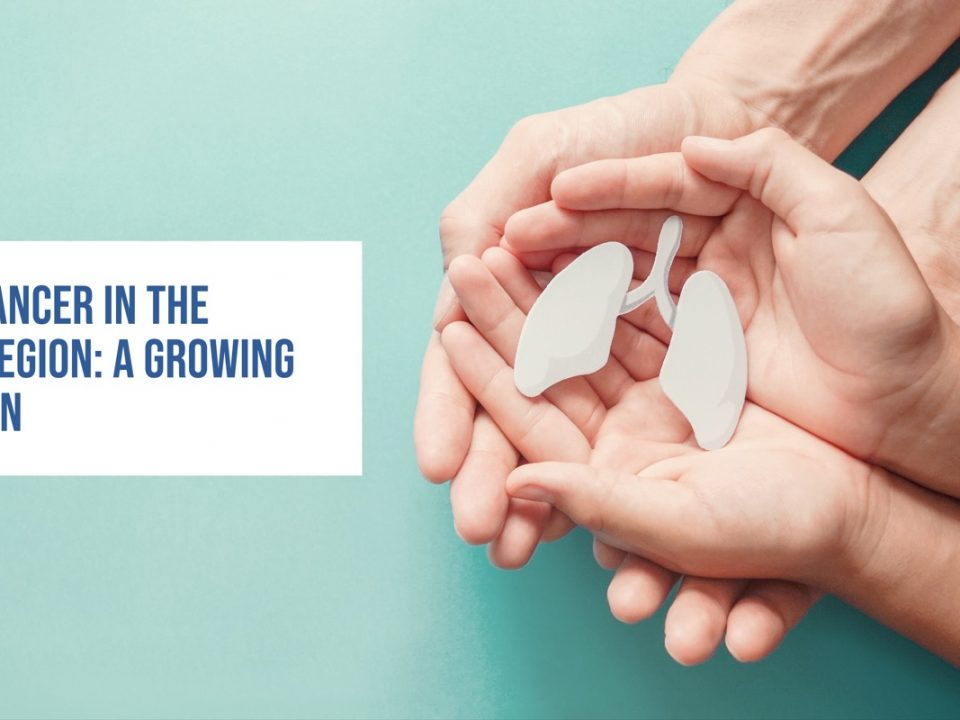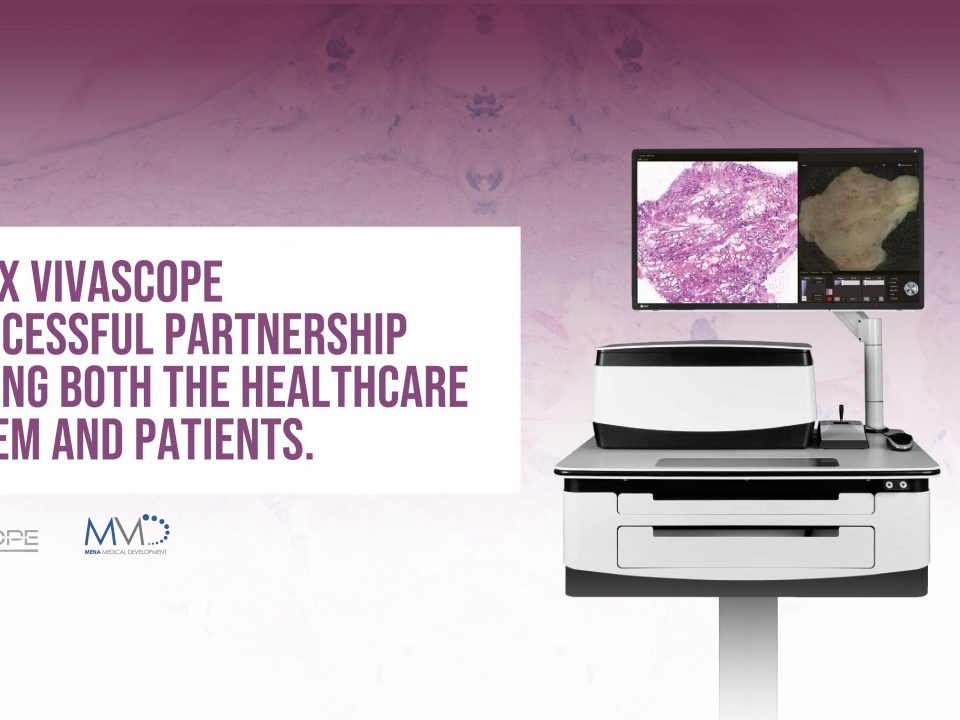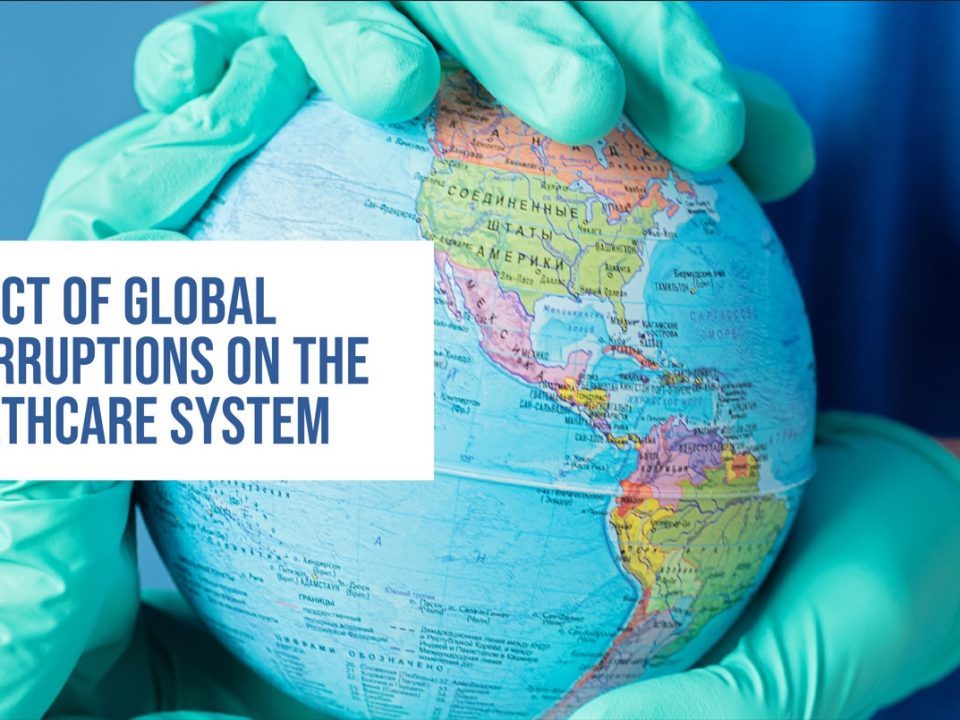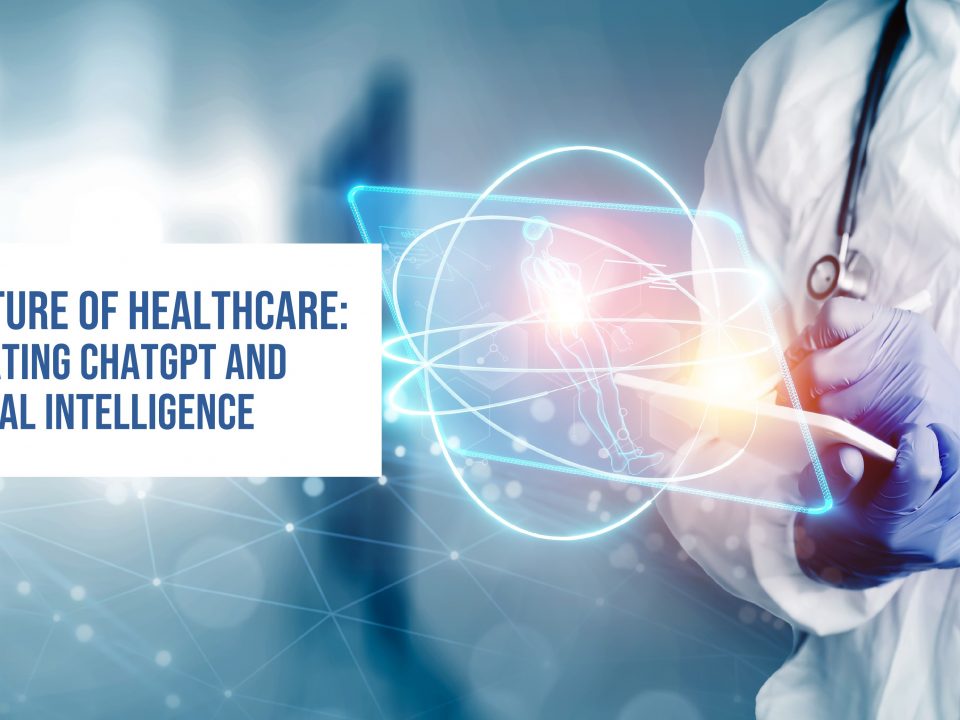In November 2022, OpenAI launched ChatGPT, an AI-powered chatbot that interacts conversationally, making it possible to answer follow-up questions, admit its mistakes, challenge incorrect premises, and reject inappropriate requests.
As one of the most advanced language models available today, ChatGPT has the potential to transform many industries, including healthcare. With its ability to process vast amounts of data and generate human-like responses, the AI Model can help healthcare professionals make more informed decisions and improve patient outcomes.
The Potential Benefits of ChatGPT in Healthcare
Faster and More Effective Clinical Decisions
By analyzing a patient’s symptoms and medical history, ChatGPT can provide doctors with a list of possible diagnoses, along with the likelihood of each one. This can help doctors make more accurate diagnoses and develop more effective treatment plans.
Enhanced patient engagement
By integrating ChatGPT into patient portals, healthcare organizations can provide patients with instant access to important information about their health as well as answers to common questions. This improves patient satisfaction and reduces the need for in-person visits allowing healthcare providers to offer at-home care to their patients.
Automated Administrative Tasks
By automating routine tasks with ChatGPT, medical staff, and doctors can streamline processes and increase efficiency. This might include tasks such as: summarizing consultations, writing referral letters for insurance, and so on.
Medical Analysis and Research
By analyzing large amounts of data, the AI algorithm can help identify patterns and provide valuable insights, which can ultimately push the healthcare system forward.
The Challenges of ChatGPT in Healthcare
Despite the numerous advantages that ChatGPT offers for the healthcare sector, it still has its limitations. One of the main concerns is related to patient privacy and data protection. Healthcare organizations should ensure that patient data is protected and ethically used and is in compliance with international regulations and standards.
Another challenge that arises is the accuracy of the information provided by the AI model. While ChatGPT is highly advanced, it may still make mistakes or provide inaccurate information, which could have serious consequences for patients.
Despite these challenges, the potential benefits of integrating ChatGPT into healthcare are significant. By improving communication, streamlining medical processes, and providing patient support, ChatGPT has the potential to revolutionize the healthcare industry.
Final Note
Finally, digital transformation is impacting our daily life actions. There is a big room in the healthcare industry for integrating new assistive tools that will optimize the workflow. MMD is always seeking to introduce solutions to the MENA region which has a positive impact on the healthcare system. For more information, please contact us.
Related posts
In November 2022, OpenAI launched ChatGPT, an AI-powered chatbot that interacts conversationally, making it possible to answer follow-up questions, admit its mistakes, challenge incorrect premises, and reject inappropriate requests.
As one of the most advanced language models available today, ChatGPT has the potential to transform many industries, including healthcare. With its ability to process vast amounts of data and generate human-like responses, the AI Model can help healthcare professionals make more informed decisions and improve patient outcomes.
The Potential Benefits of ChatGPT in Healthcare
Faster and more effective clinical decisions
By analyzing a patient’s symptoms and medical history, ChatGPT can provide doctors with a list of possible diagnoses, along with the likelihood of each one. This can help doctors make more accurate diagnoses and develop more effective treatment plans.
Enhanced patient engagement
By integrating ChatGPT into patient portals, healthcare organizations can provide patients with instant access to important information about their health as well as answers to common questions. This improves patient satisfaction and reduces the need for in-person visits allowing healthcare providers to offer at-home care to their patients.
Automated administrative tasks
By automating routine tasks with ChatGPT, medical staff, and doctors can streamline processes and increase efficiency. This might include tasks such as: summarizing consultations, writing referral letters for insurance, and so on.
Medical Analysis and Research
By analyzing large amounts of data, the AI algorithm can help identify patterns and provide valuable insights, which can ultimately push the healthcare system forward.
The Challenges of ChatGPT in Healthcare
Despite the numerous advantages that ChatGPT offers for the healthcare sector, it still has its limitations. One of the main concerns is related to patient privacy and data protection. Healthcare organizations should ensure that patient data is protected and ethically used and is in compliance with international regulations and standards.
Another challenge that arises is the accuracy of the information provided by the AI model. While ChatGPT is highly advanced, it may still make mistakes or provide inaccurate information, which could have serious consequences for patients.
Despite these challenges, the potential benefits of integrating ChatGPT into healthcare are significant. By improving communication, streamlining medical processes, and providing patient support, ChatGPT has the potential to revolutionize the healthcare industry.
Final Note
Finally, digital transformation is impacting our daily life actions. There is a big room in the healthcare industry for integrating new assistive tools that will optimize the workflow. MMD is always seeking to introduce solutions to the MENA region which has a positive impact on the healthcare system. For more information, please contact us.
Comments are closed.

